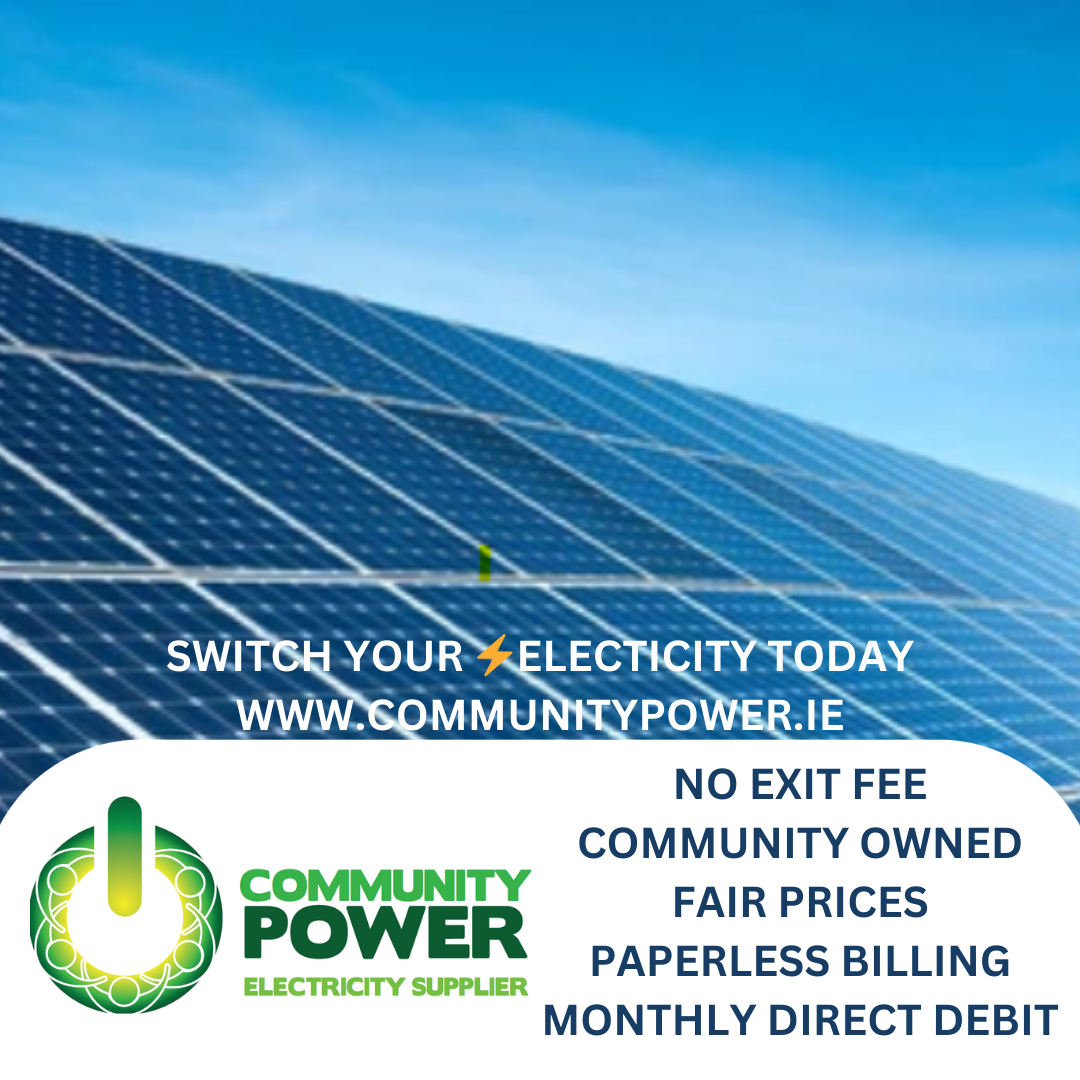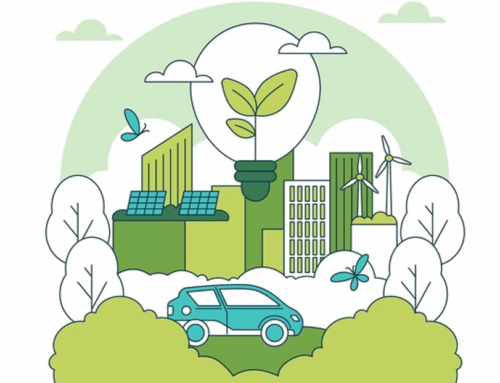 The second phase of the Small-Scale Renewable Energy Support Scheme (SRESS) was launched by the Department of Environment, Climate and Communications on 24th of May 2024.
The second phase of the Small-Scale Renewable Energy Support Scheme (SRESS) was launched by the Department of Environment, Climate and Communications on 24th of May 2024.
This phase of the electricity support scheme will be a significant improvement in market supports for Renewable Energy Communities and Small and Medium Sized Enterprises (SMEs), with fixed tariffs for these groups established for solar and wind projects between 50kW to 6MW. It complements the microgeneration supports for small projects and competitive auctions for larger projects under the RESS (Renewable Electricity Support Scheme).
Phase One of SRESS was launched in July 2023. It offers grants for renewable self-consumers above 50kW and up to 1MW through the Non-Domestic Microgen Scheme and the Business Grants and Supports Scheme.
The SRESS tariffs will provide support to small-scale renewable electricity projects through a guaranteed tariff. This tariff will be characterised by a Feed-in Premium (FiP) tariff without an auction. The support rate will be provided for the support lifetime, with successful applicants receiving a premium on the market revenues they receive from a supplier for their renewable electricity.
A higher rate is provided for Renewable Energy Communities (REC’s) due to the additional barriers they face when establishing projects such as planning, grid connection and financing; plus it is a reflection of public policy preference for community involvement in renewable energy projects, including Climate Action Plan targets of at least 500MW of local community-based renewable energy projects by 2030.
A key objective of the SRESS is to provide a simpler route to market for Community projects than the competitive RESS auction process. Feedback from community projects suggested that milestones were challenging for community projects to achieve in the Renewable Electricity Support Scheme (RESS). The Small-Scale Renewable Electricity Support Scheme (SRESS) aims to provide an easier route to market for community projects, without any competitive auction, while also enabling farmers, businesses and others to maximise their participation in the energy transition. Community projects that are 100% community owned, which were successful in RESS but were unable to achieve the milestones due to various challenges, will be eligible to apply for SRESS.
https://www.gov.ie/en/publication/96110-small-scale-generation/



